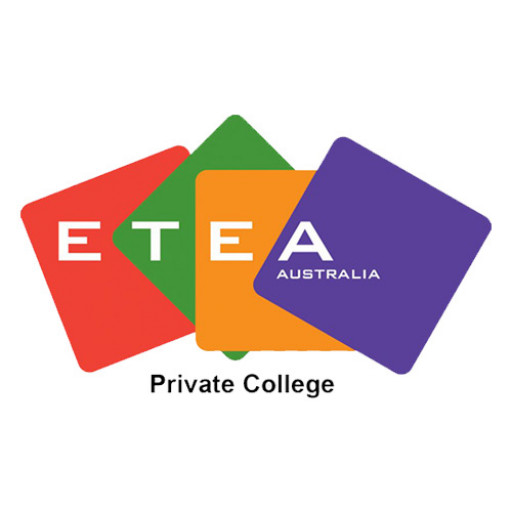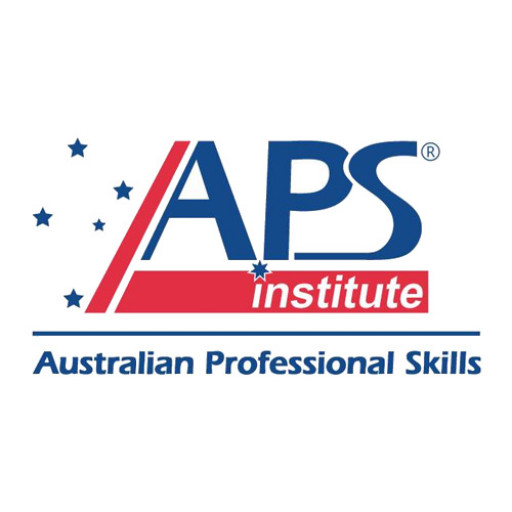The Certificate III in Individual Support (Ageing, Disability, Home and Community) offered by Education Training & Employment Australia Pty Ltd is a comprehensive qualification designed to prepare students to work effectively in the community and residential aged care and disability sectors. This program provides learners with the essential knowledge and practical skills needed to support individuals with diverse needs, ensuring their well-being and independence are maintained in a respectful and compassionate manner.
Throughout the course, students develop core competencies such as understanding the principles of ethical and person-centered care, implementing care plans, and assisting with daily living activities. They are trained in delivering high-quality support tailored to the unique needs of older adults, individuals with disabilities, and those requiring assistance in their home and community settings. The program emphasizes communication skills, cultural awareness, and the importance of maintaining dignity and respect for clients.
The curriculum covers a wide range of topics including infection control, nutrition, medication assistance, safe work practices, and effective teamwork within the healthcare environment. Students also gain practical experience through real-world placements, allowing them to apply their theoretical knowledge in supervised, real-life scenarios. This hands-on approach ensures graduates are well-prepared to meet the challenges of working in dynamic and diverse care settings.
Graduates of this qualification will be equipped to pursue roles such as personal support workers, aged care assistants, disability support workers, and community care workers. The program aligns with industry standards and provides pathways for further education or specialization within the health and social assistance sectors.
By completing this course, students not only gain a nationally recognized qualification but also join a growing sector dedicated to improving the quality of life for vulnerable populations. The training is delivered by experienced educators committed to supporting students' success and empowering them to make a meaningful difference in the lives of those they serve.
Individual Support is a comprehensive qualification designed to equip students with the essential skills and knowledge required to provide high-quality personal assistance to individuals with diverse needs. This program covers a broad range of practical techniques and theoretical understandings necessary for supporting people in various settings such as community, residential, and healthcare environments. Throughout the course, students learn about the fundamentals of person-centered care, effective communication, and understanding the physical, emotional, and social requirements of clients. The curriculum emphasizes the importance of respecting individual rights, promoting independence, and working ethically with vulnerable populations. Participants will gain hands-on experience through simulated scenarios and supervised practical placements, enabling them to develop confidence and competence in real-world support roles. Key topics include assisting with daily living activities, supporting individuals with disabilities or chronic conditions, maintaining safety and dignity, and adhering to workplace health and safety standards. The program is designed to foster compassion, patience, and professionalism in aspiring support workers, preparing them to make a positive difference in the lives of others. Graduates of this course are qualified to work in a variety of settings such as aged care facilities, disability services, and community support programs. By completing this program, students will be well-prepared to pursue meaningful careers where they can contribute to improving the quality of life for individuals requiring support, all while upholding the highest standards of care and integrity.
Program requirements for the Individual Support qualification typically include the completion of a prescribed set of competency units that cover a range of skills and knowledge essential for providing quality care and support to individuals requiring assistance. Applicants must demonstrate proficiency in areas such as communication skills, understanding of dignity and respect, awareness of client rights, and the ability to assist with daily activities like personal hygiene, nutritional needs, and mobility. Enrollment generally requires a minimum education level of Year 10 or equivalent; however, some institutions prefer or require prior experience or a background in health or community services. Prospective students must complete a series of assessments, which may include written tasks, practical demonstrations, and observational assessments to verify their skills in simulated or real environments. Police checks and relevant immunizations are often required to ensure safety and compliance with health standards, particularly when engaging with vulnerable populations. Some programs also mandate participation in work placements, where students gain hands-on experience under supervision in aged care facilities or community settings. Prior to enrollment, applicants may need to attend an interview or provide references to confirm their suitability for the course. Advanced standing or credit transfer options could be available for learners with previous qualifications or relevant experience, reducing the duration of study. Overall, the program aims to equip students with the comprehensive skills necessary for effective individual support and prepare them for employment in aged care, disability, or community support roles. Successful completion typically results in a nationally recognized qualification that enables graduates to work in various health and community service settings.
Financing studies for the Individual Support program at Education Training & Employment Australia Pty Ltd typically involve a range of options designed to accommodate various student circumstances and financial situations. Students may be eligible for government-subsidized training programs, such as Australian Government VET Student Loans or subsidies through state-based initiatives, which significantly reduce the overall cost of the qualification. These funding options aim to make education more accessible and affordable, particularly for individuals seeking to enter the healthcare and community services sectors.
In addition to government funding, students can explore payment plans offered directly by the institution, allowing for flexible installment options to spread the cost over the duration of the course. This approach facilitates greater financial planning and management for students balancing other commitments. Some students might also access scholarships or grants available through community organizations or industry bodies, which recognize excellence or support disadvantaged learners.
Private funding is another avenue, with students choosing to self-fund their studies by paying full tuition fees upfront. The costs associated with the program can vary depending on the mode of delivery, with on-campus or face-to-face courses potentially differing from online or blended formats in terms of the fee structure. The total investment in the program covers tuition, training materials, assessments, and any necessary equipment or resources required for practical components.
Students are encouraged to contact the institution's financial services department to clarify their eligibility, understand the specific costs involved, and explore all available financial assistance options. The institution also provides guidance on applying for financial aid, completing necessary documentation, and meeting eligibility requirements to maximize access to funding support. Overall, the financing of the Individual Support program is structured to ensure that aspiring healthcare and community support workers have the opportunity to undertake their training without financial barriers, fostering a skilled workforce dedicated to caring and community service.
The Individual Support program offered by Education Training & Employment Australia Pty Ltd is designed to equip students with the skills and knowledge necessary to provide quality care and support to individuals across various settings. This program predominantly focuses on developing competencies in assisting aged care, disability support, and community care services. Students participating in this course will learn essential skills such as effective communication, understanding diverse client needs, and implementing personalized care plans. Emphasis is placed on fostering empathy, patience, and ethical conduct when supporting vulnerable populations.
Throughout the program, students engage with practical training that prepares them for real-world scenarios, including supporting daily activities, promoting independence, and ensuring the safety and well-being of clients. The curriculum covers vital areas such as infection control, nutrition, and medication management, aligned with national industry standards and regulations. The program also emphasizes the importance of person-centered care, cultural sensitivity, and understanding the rights of care recipients.
Graduates of the Individual Support qualification are qualified to work in various environments, including residential aged care facilities, community health services, and disability support organizations. They are prepared to undertake roles such as personal care assistants, home carers, and support workers. The program aims to meet the growing demand for qualified support workers by providing comprehensive training that combines theoretical knowledge with practical skills.
Enrolment in this course often involves prerequisite assessments to ensure suitability, and students may need to complete a background check and immunizations before placement. The program is delivered through a combination of classroom-based learning, online modules, and supervised practical placements to ensure diverse learning experiences. Upon successful completion, graduates receive nationally recognized certification, enabling them to pursue employment opportunities across Australia.
The program aligns closely with national vocational education qualifications frameworks and is regularly updated to reflect current industry practices and policies. It is suitable for individuals interested in making a meaningful difference in people’s lives by providing compassionate and professional support. With a focus on both skill development and personal growth, the Individual Support program prepares students for a rewarding career dedicated to improving the quality of life of vulnerable community members.






